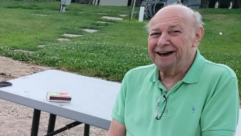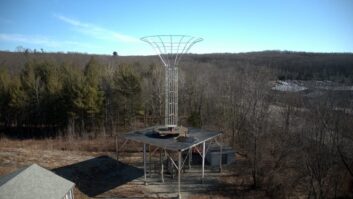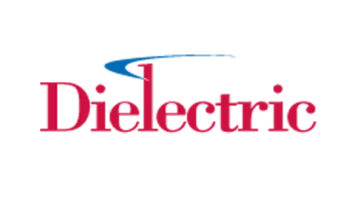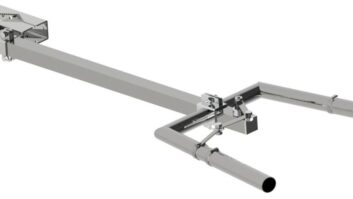The Media Bureau of the FCC has issued a notice of apparent liability to the licensee of a Maryland FM translator in a contentious case involving an LPFM in the same market.
WIN Radio Broadcasting Corp. is the licensee of WCTN(AM) in Potomac-Cabin John, Md., just outside of Washington, D.C. According to the FCC account, this case arose when WIN was given permission to acquire an FM translator in Pennsylvania and move it to Potomac, which was allowable as part of the commission’s AM revitalization program.
WIN took the Pennsylvania translator off the air and received an STA to be silent for a year. But when it resumed broadcasting in Maryland, Historic Takoma Inc., the licensee of a co-channel LPFM, claimed that the translator was causing it interference. It later added a complaint that the WIN translator was using an unauthorized antenna.
Much legal wrangling has ensued including subsequent license renewal applications, petitioning, procedural arguments, modification applications and discussion of technical issues. A key development though is that WIN later acknowledged that in place of its approved two-bay Shively model it had installed a similar but lighter Jampro antenna so that it could mount it safely without adding tower bracing. It argued that its resulting directional pattern was the same and that it didn’t need authority for the switch.
You can read the extended case description here but among the central issues are whether WIN had authority to construct an antenna different than originally specified; whether operating with the substitute antenna was no better than being silent that long, voiding its license; whether the translator license therefore even still exists and can be modified and renewed; and whether WIN meets the character criteria for license renewal given the circumstances.
Now the Media Bureau has ruled that WIN did violate the rules by using an unauthorized antenna. “The fact that some information, including antenna models, is not specifically identified on construction permits does not, as WIN argues, mean that a permittee can change such factors at will.” It said permittees and licensees of FM translators are required to file a formal application to make equipment modifications including a change in the transmitting antenna system. “The commission does not, as WIN suggests, ask applicants to identify a proposed antenna simply for reference purposes.”
The violation is being addressed with a notice of apparent liability that carries a $7,500 penalty. WIN has 30 days to respond to that.
But the FCC also said that the use of the wrong antenna on an authorized channel and at the correct location is not equivalent to silence. In a past case, it said, the commission expressed its belief that Congress, in adopting rules to address spectrum warehousing by silent stations, did not intend to establish automatic expiration for all rule violations lasting 12 consecutive months. Thus the translator continues to have a license that can be modified.
As a result, the FCC has ranted the most recent contested license application and allowed use of the Jampro antenna for the translator.
A further twist is that while all this was going on, broadcasters in Maryland were required to file for license renewal. WIN did so for the translator and Historic Takoma filed a petition to deny; those remain pending.
But meanwhile the FCC believes the alleged interference to the LPFM is no longer an issue, due to subsequent steps taken by WIN. Further, the commission has approved a move for the translator to a new frequency and call sign. The FCC says WIN did not base that request on a need to resolve interference to the LPFM but rather to mitigate interference it expected to receive from a full-service station in Virginia. WIN has until October 2025 to make that switch.










